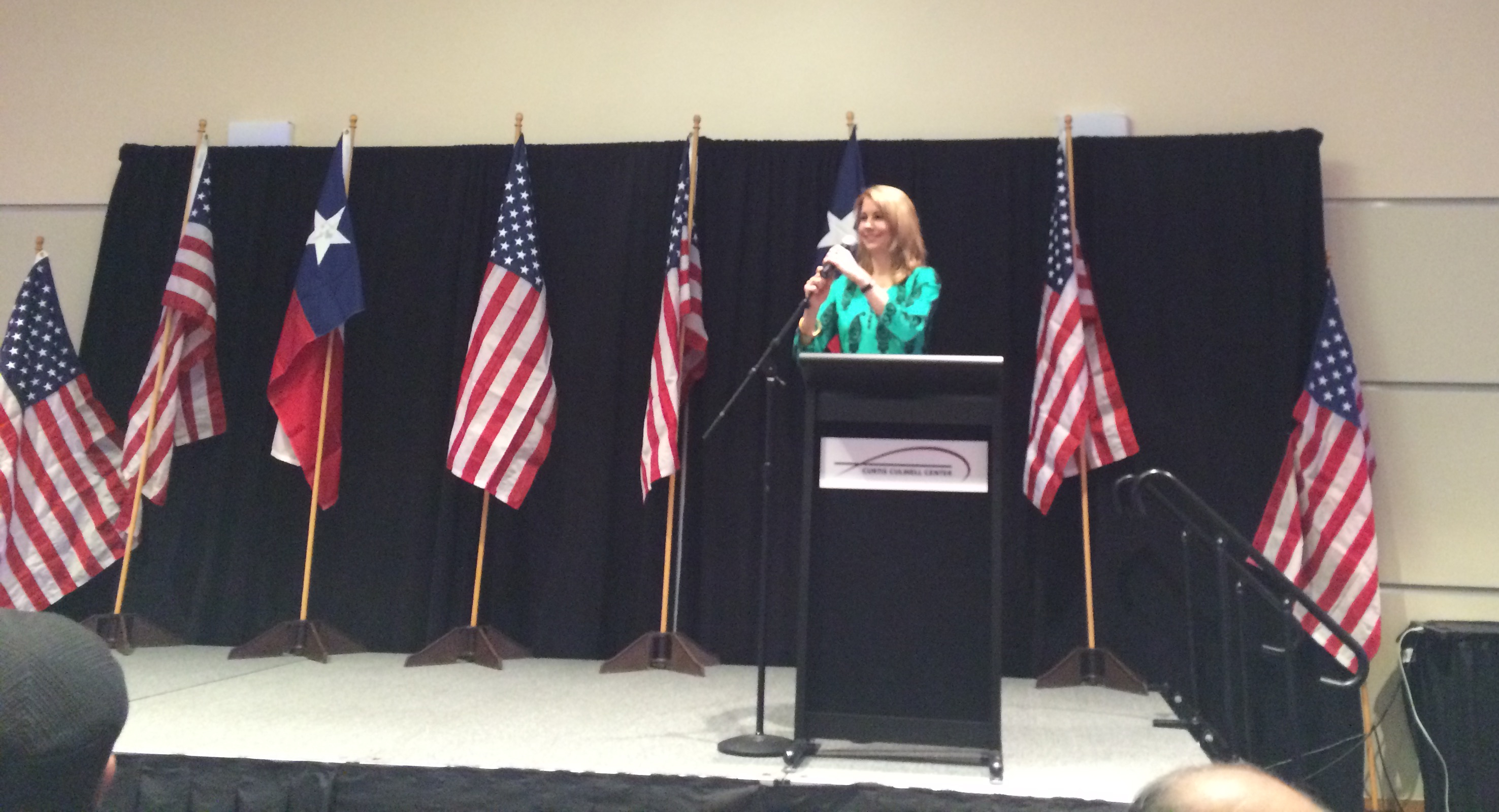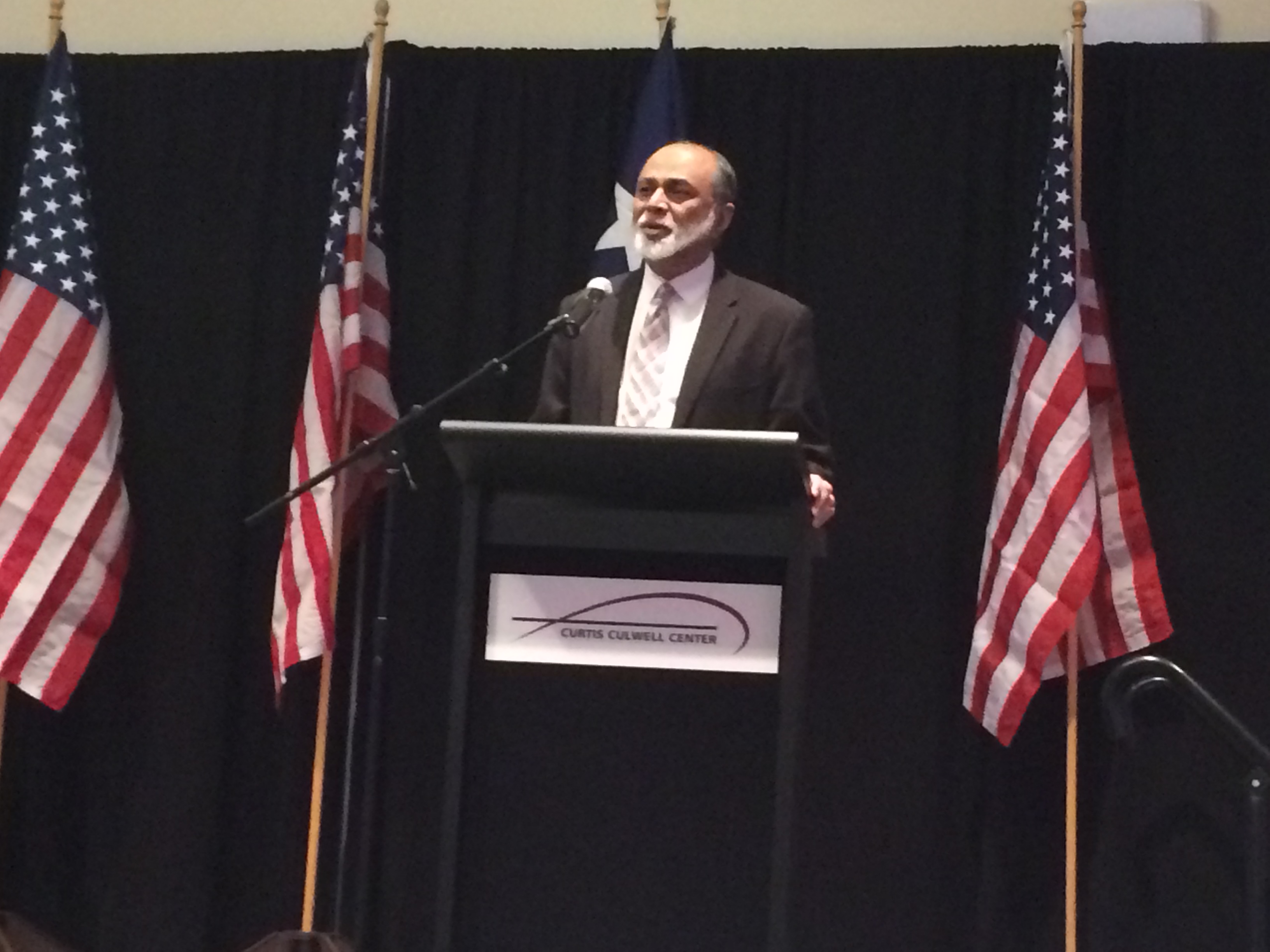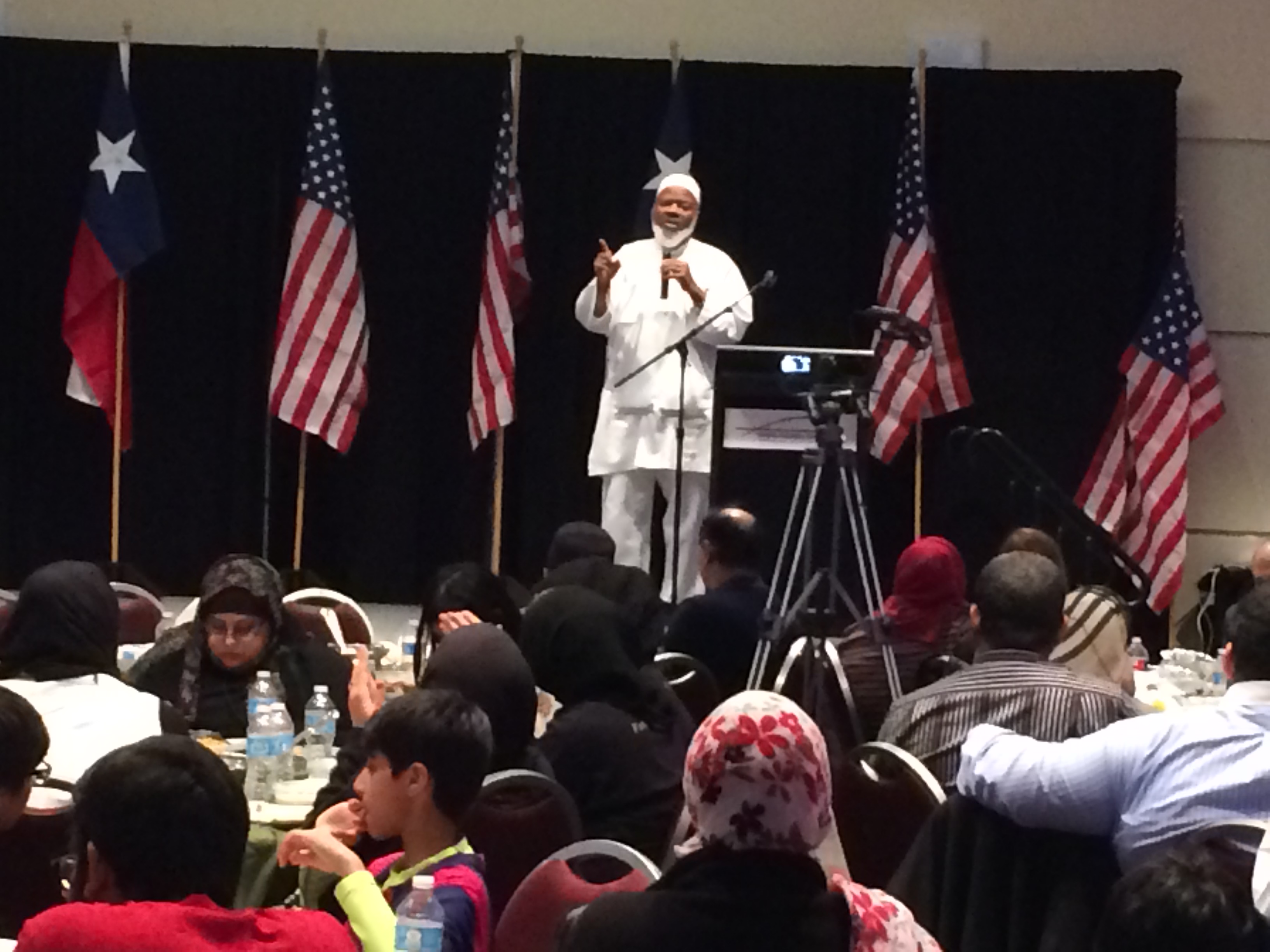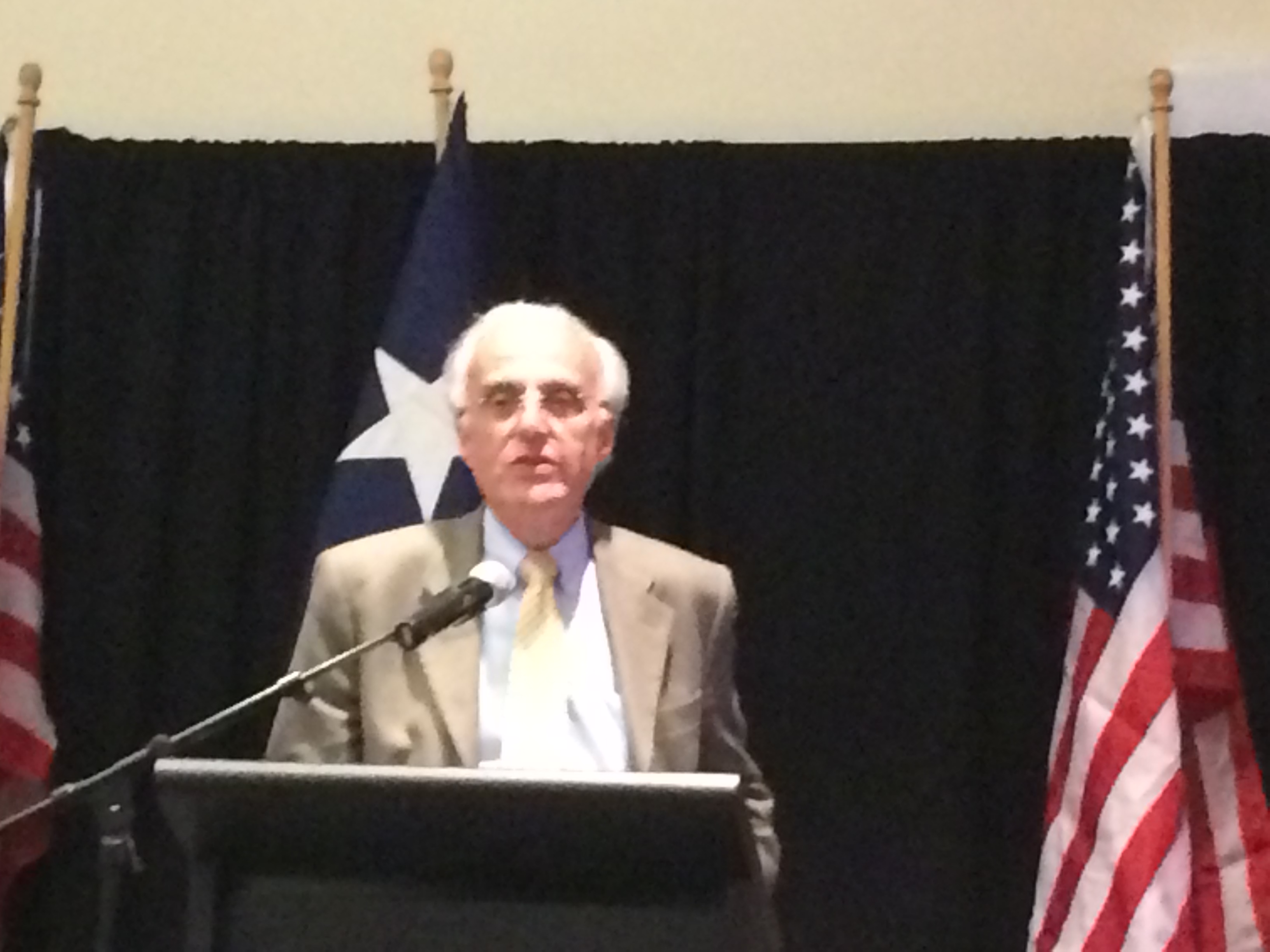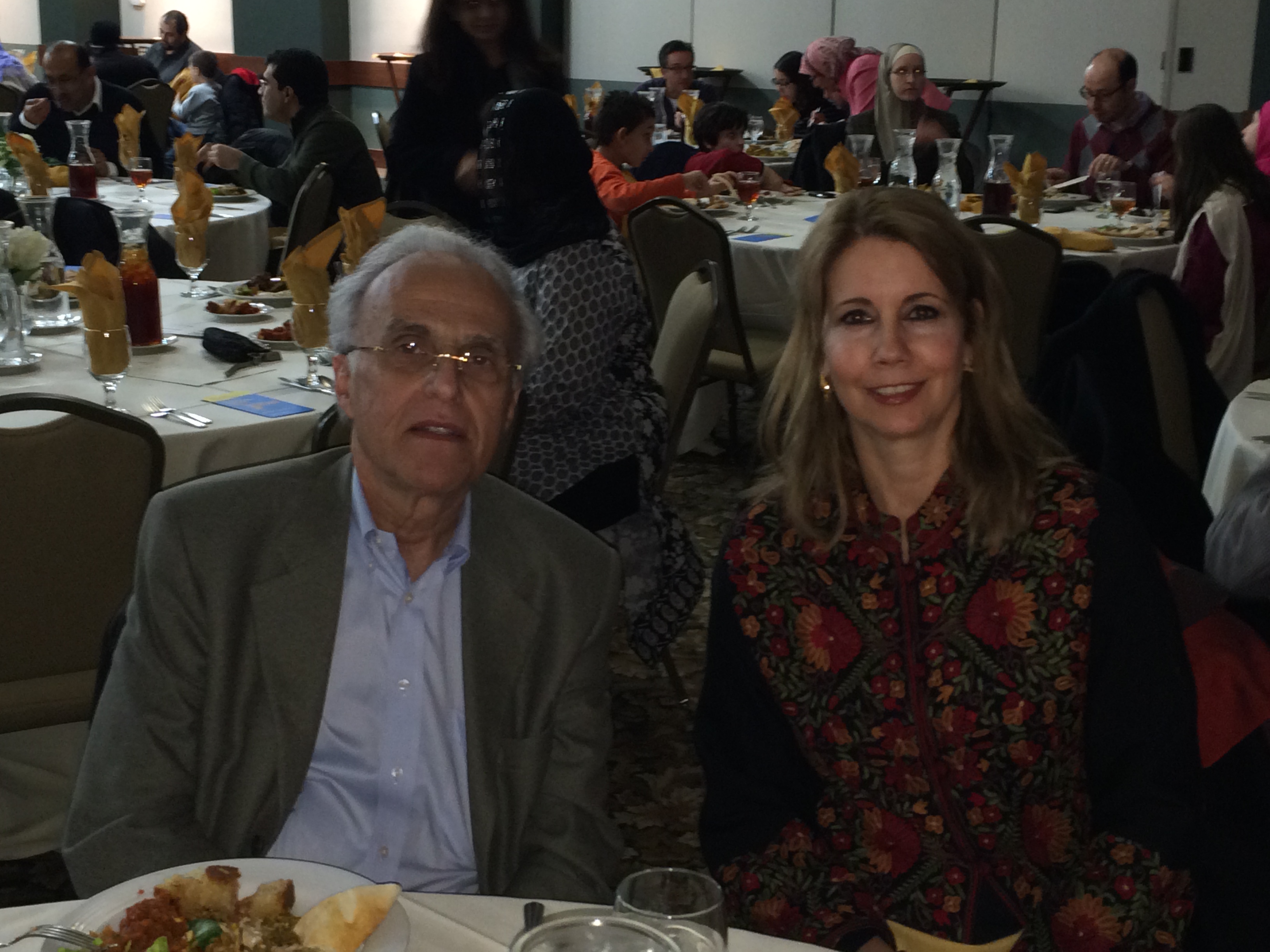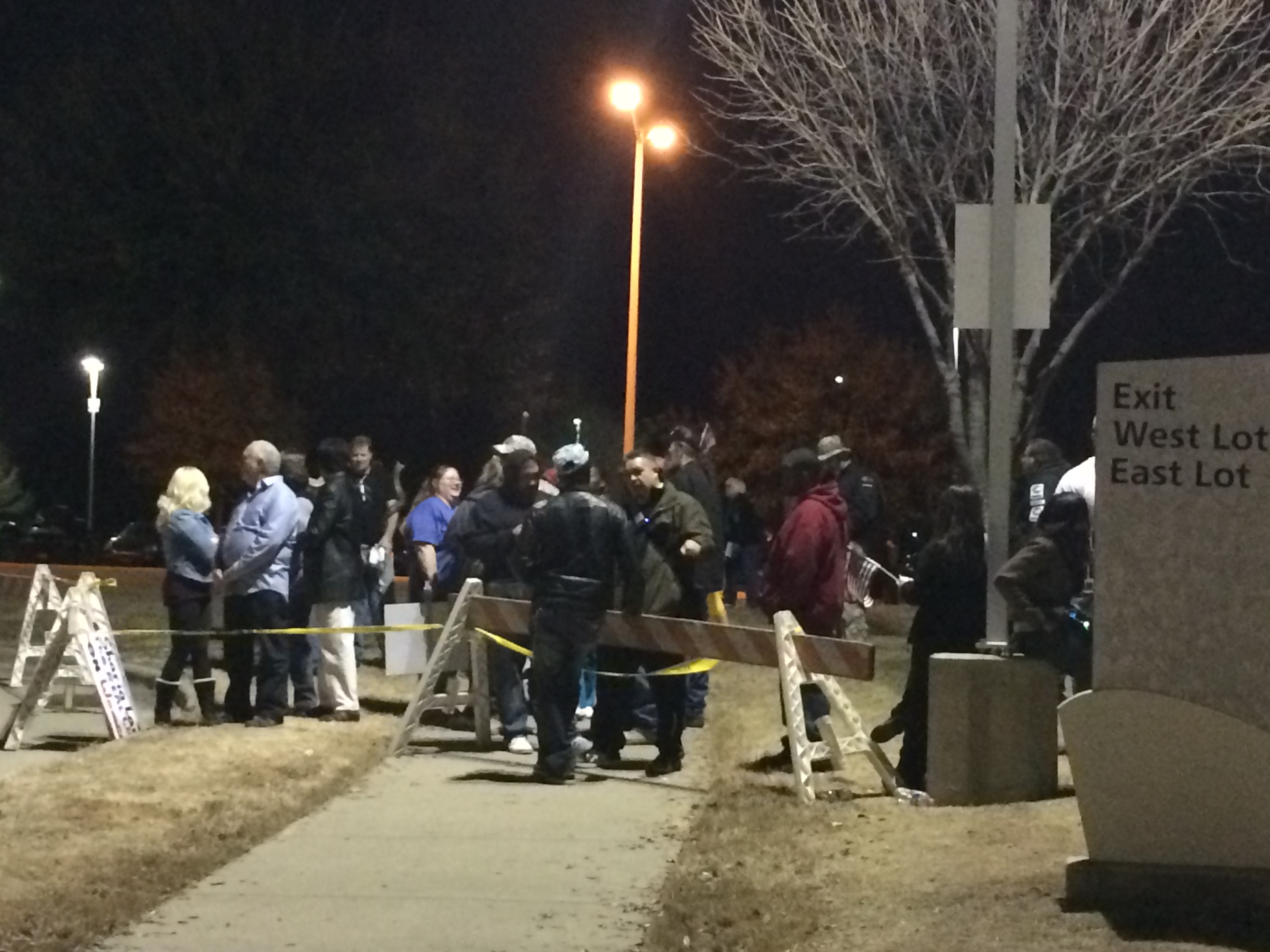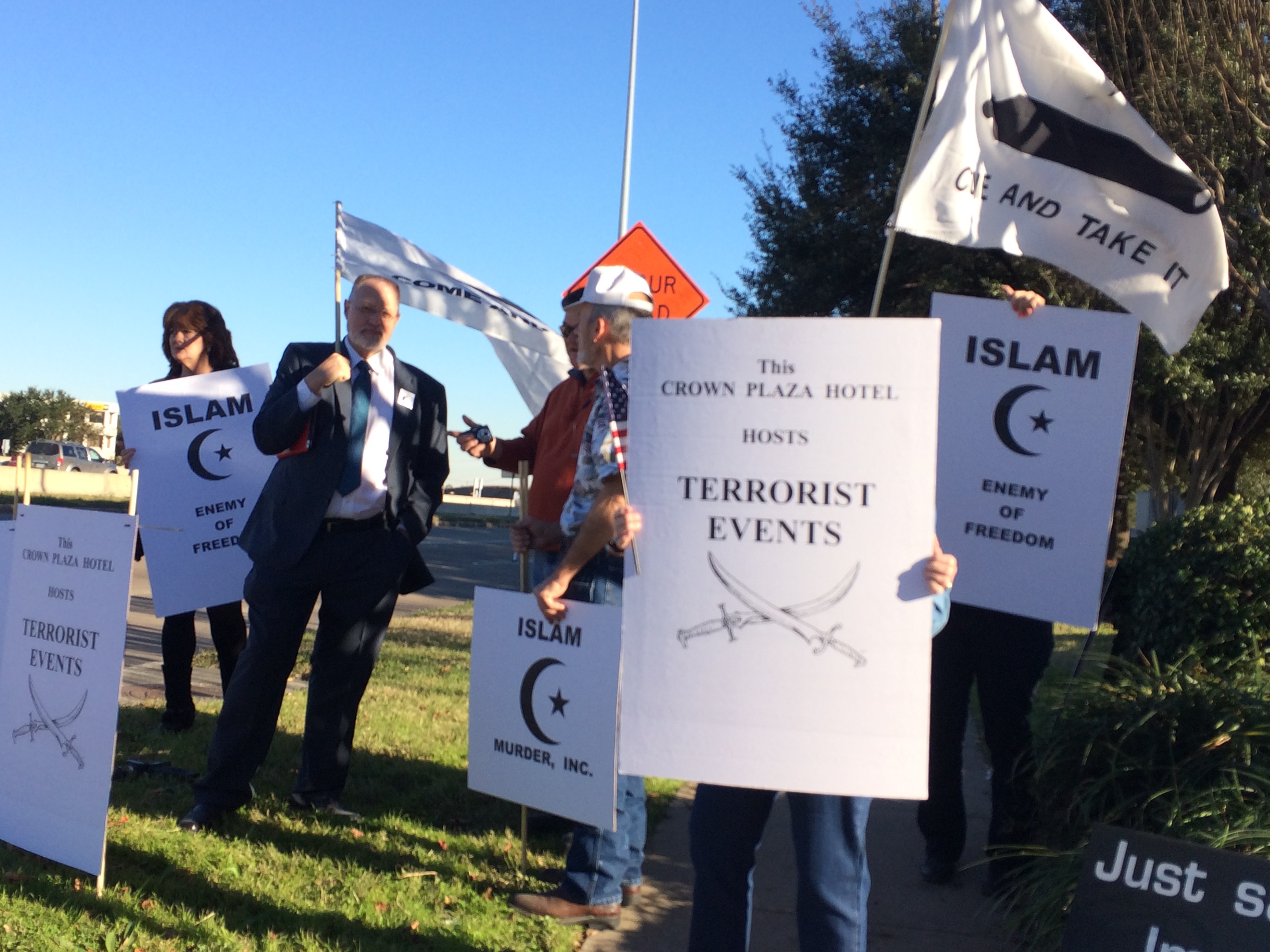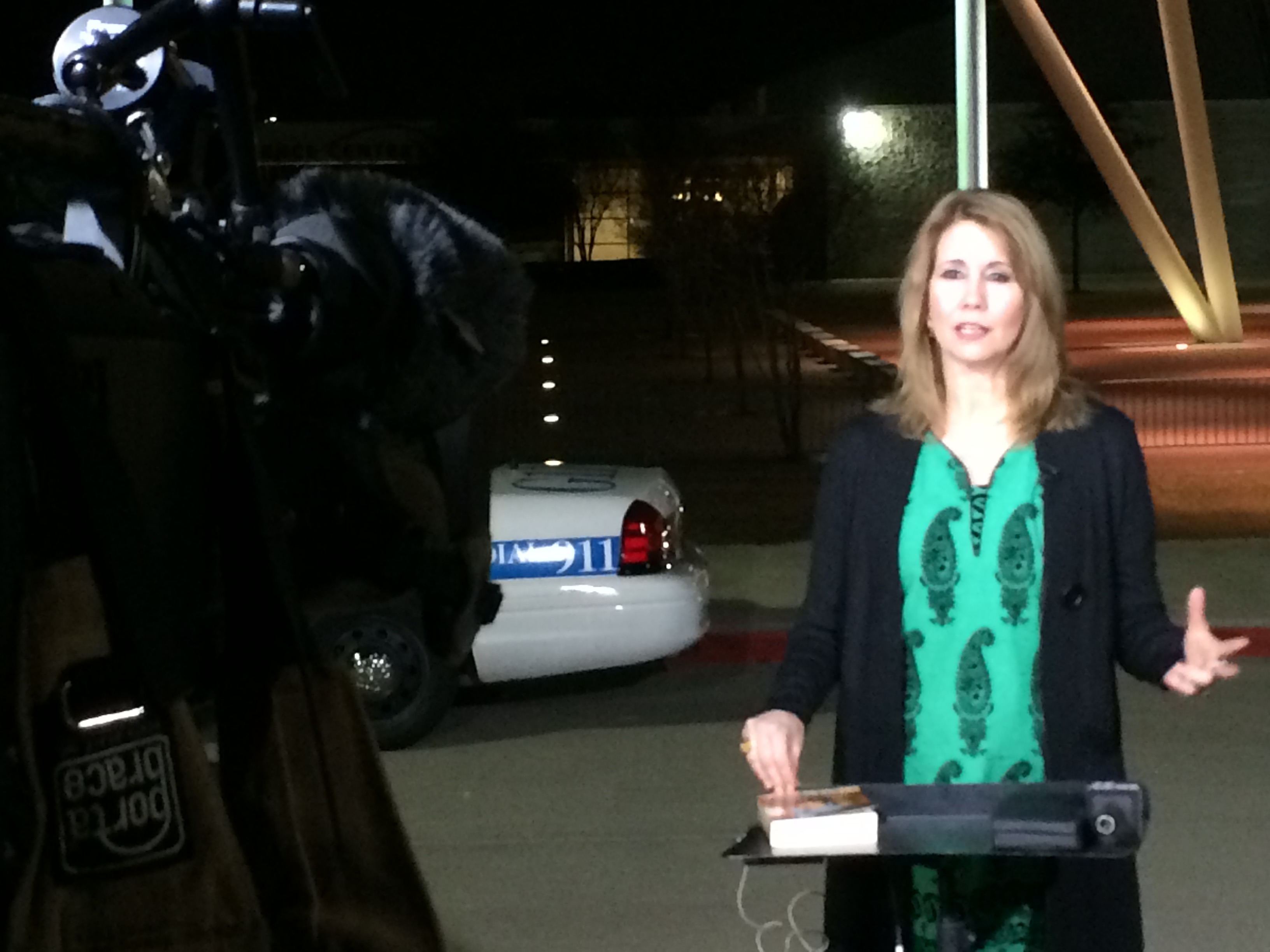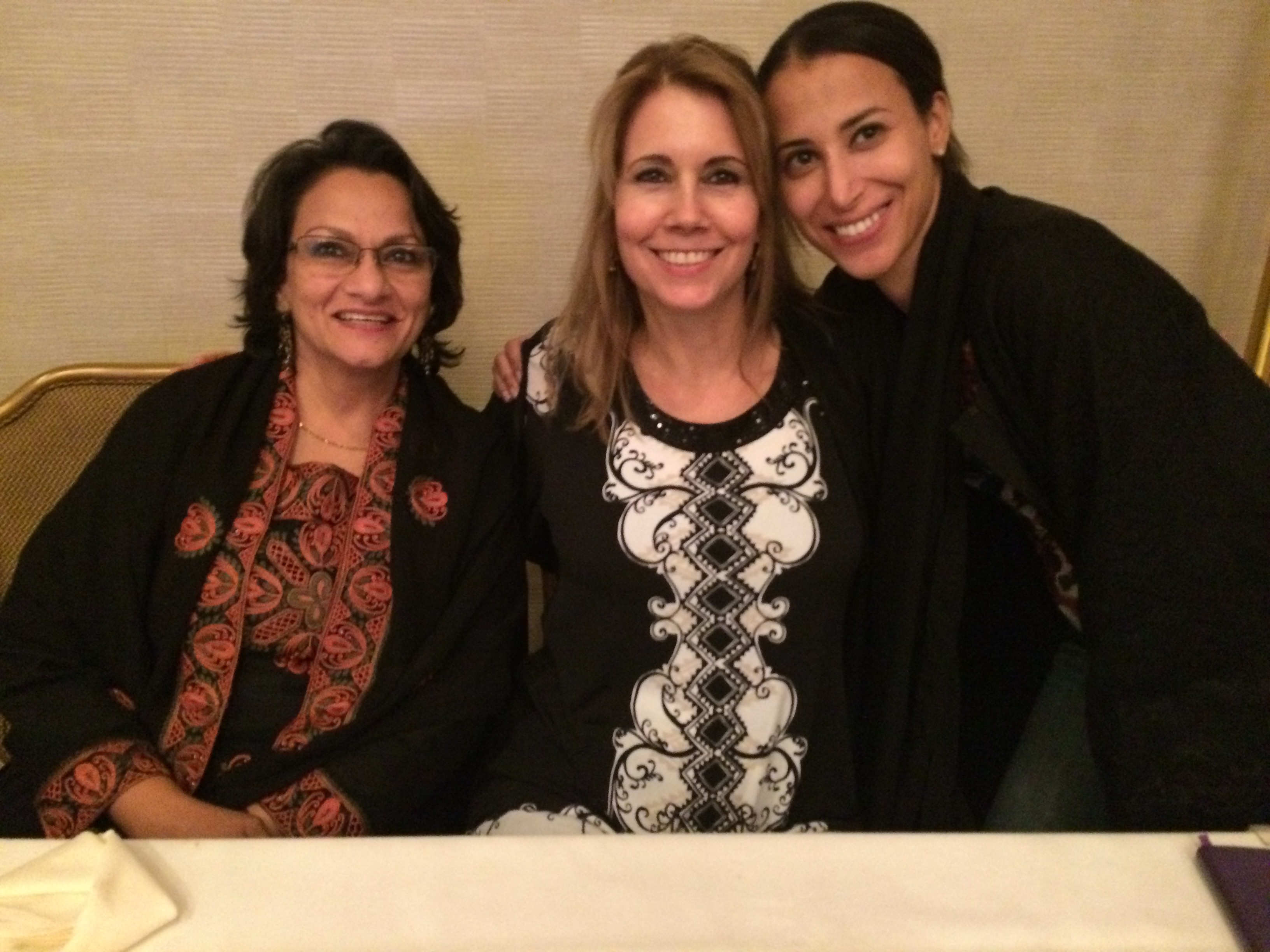To many non-Muslims, the Hajj is a mysterious, mass pilgrimage that takes place once a year where millions of Muslims circle counter-clockwise a dark cube on the edge of the Saudi desert, stay in a sea of white tents and stone the devil. But to Muslims around the world the Hajj is the journey of a lifetime and one of the five pillars of Islam. 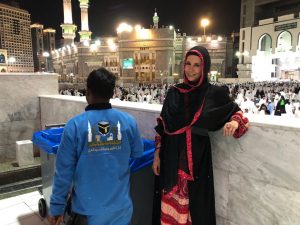 Every able person is required to go on Hajj once, if they can afford it and perform several rituals in the footsteps of Abraham including circumambulating the Kaaba, a granite building which is the holiest site in Islam, the ‘House of God’. Muslims believe the Kaaba was originally built thousands of years ago by Adam as a house of worship and then Prophet Abraham rebuilt it with his son Ishmael.
Every able person is required to go on Hajj once, if they can afford it and perform several rituals in the footsteps of Abraham including circumambulating the Kaaba, a granite building which is the holiest site in Islam, the ‘House of God’. Muslims believe the Kaaba was originally built thousands of years ago by Adam as a house of worship and then Prophet Abraham rebuilt it with his son Ishmael.
Saudi Arabia is not only the custodian of one, but of two of Islam’s holiest sites – the Haram Sharif in Mecca, that houses the Kaaba at its centre and 430 kilometres to the north of Mecca, Prophet
Muhammad’s Grand Mosque in Medina, which is also his resting place. (The third holiest site is the Al Aqsa Mosque in Jerusalem.)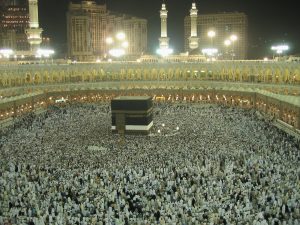
In Arabic, the word “hajj’’ means “to intend a journey,’’ but it is a double entendre — referring not only to a physical odyssey and a journey right to the heart of Islam but to an inward transformation, as well: an intention to strengthen one’s trust in and obedience to God- remembering Abraham who was asked by God in a dream to kill his son and was ready to follow God’s command; an intention to forgive, let go of grudges and ask God for forgiveness on the day of Arafat when two million pilgrims will stand in front of their tents prying for forgiveness; a strong resolve to rid oneself of any negative tendencies, temptations and inner demons by throwing small pebbles on stone pillars which symbolise the devil; a sincere intention to purify one’s heart, the inner Kaaba, to move closer to God and to start afresh. 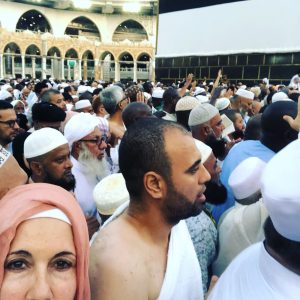 All this is certainly what I am hoping to achieve with this Hajj, although my main purpose for going on Hajj this year between August 19 th and 24 th is that I had promised my dear friend and teacher, the author and scholar of Islam Hassan Gai Eaton, that I would perform the Hajj for him. Gai had taught me so much and had passed away without having completed this pillar of Islam. May God accept my Hajj for him. Gai Eaton wrote wonderful books such as ‘Islam and the Destiny of Man’, ‘Remembering God’ and ‘King of the Castle’, all of which have influenced and inspired me profoundly in my own journey to Islam.
All this is certainly what I am hoping to achieve with this Hajj, although my main purpose for going on Hajj this year between August 19 th and 24 th is that I had promised my dear friend and teacher, the author and scholar of Islam Hassan Gai Eaton, that I would perform the Hajj for him. Gai had taught me so much and had passed away without having completed this pillar of Islam. May God accept my Hajj for him. Gai Eaton wrote wonderful books such as ‘Islam and the Destiny of Man’, ‘Remembering God’ and ‘King of the Castle’, all of which have influenced and inspired me profoundly in my own journey to Islam.
It is said that God accepts our Hajj and forgives us our sins, if afterwards we change in the way of God. And change is something that has been happening everywhere in Saudi Arabia and on a
national level, too. I am impressed with the many changes and developments since i visited in last in 2006. The haram sharif is larger, so there is more space for the pilgrims to pray in the mosque, the roads are wider and one can now stone the devil on five different levels in Mina the top level being protected by a huge tent structure. 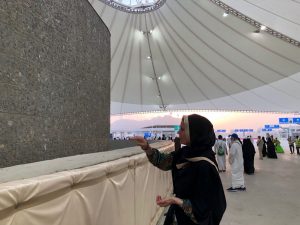 This year, 1,386 years after the death of the Prophet Muhammed, peace be upon
This year, 1,386 years after the death of the Prophet Muhammed, peace be upon
him, Muslim women for the first time can drive to Mecca to perform the rites of the Hajj. That certainly is exciting. It is as if the Kingdom of Saudi Arabia has embarked on its own journey of
transformation. These are a series of fast-moving societal and political reforms intended to modernize the country, diversify its economy and reposition the Kingdom as a moderate force for
tolerance and stability in the Middle East. The Crown Prince’s Vision 2030 framework has surprised even Saudis with its bold, rapid attempts to reform including building cinemas and art projects in the holy kingdom and lifting some of its strictures on women, who are to be the drivers of Saudi’s non-oil economic future. At the same time King Salman and his son, the Crown Prince, are trying to control the reform’s tempo carefully to prevent a conservative backlash that could thwart the entire project.
Hand in hand with these societal changes, Saudi Arabia is inevitably raising hopes abroad that the Kingdom may be moving towards introducing a modicum of political reforms, ones that could give
the monarchy’s subjects a first taste of representative government.  The changes in the Kingdom are still young, tentative and only just beginning, but in the Arab world, the process is being watched closely. Should Saudi Arabia continue on this path of reform, it could set a trend for more transparent and democratic governance, more human rights in line with international standards and even a less literalistic interpretation of Islam while reviving the age-old concept of ‘ijtehad’ (independent reasoning). This positive development would slowly seep into the numerous madrassas around the world and would benefit Muslims integrating in the West and promote a more outward looking Islam in the East. Islam being a religion ‘for all times and all worlds’ as the Quran states, has evolved continuously since its inception but has been stagnating in its homelands in recent years. Yet, Islam has still become the world’s fast-growing religion preaching peace, social cohesion and the unity of all men and women on under one God.
The changes in the Kingdom are still young, tentative and only just beginning, but in the Arab world, the process is being watched closely. Should Saudi Arabia continue on this path of reform, it could set a trend for more transparent and democratic governance, more human rights in line with international standards and even a less literalistic interpretation of Islam while reviving the age-old concept of ‘ijtehad’ (independent reasoning). This positive development would slowly seep into the numerous madrassas around the world and would benefit Muslims integrating in the West and promote a more outward looking Islam in the East. Islam being a religion ‘for all times and all worlds’ as the Quran states, has evolved continuously since its inception but has been stagnating in its homelands in recent years. Yet, Islam has still become the world’s fast-growing religion preaching peace, social cohesion and the unity of all men and women on under one God.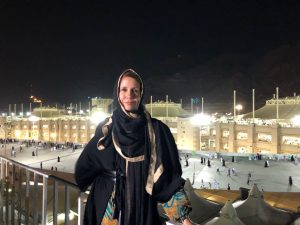
And this is exactly what the Hajj symbolises where once again over two million Muslim women and men from every corner of the earth, every age and every social class are travelling to Mecca to
complete the once-in-a-lifetime pilgrimage, a journey to the geographical and spiritual heart of Islam, and a journey of transformation to one’s own inner heart and to God Himself.
While the wind of change is blowing in the Kingdom, it remains the foremost privilege and responsibility for Saudi Arabia to guard and protect Islam’s eternal spiritual core and make it
accessible for Muslims from around the world who have a big stake in supporting this journey of transformation – in accordance with our times and in the way of God- for the benefit of Saudis,
Muslims and the world at large.
